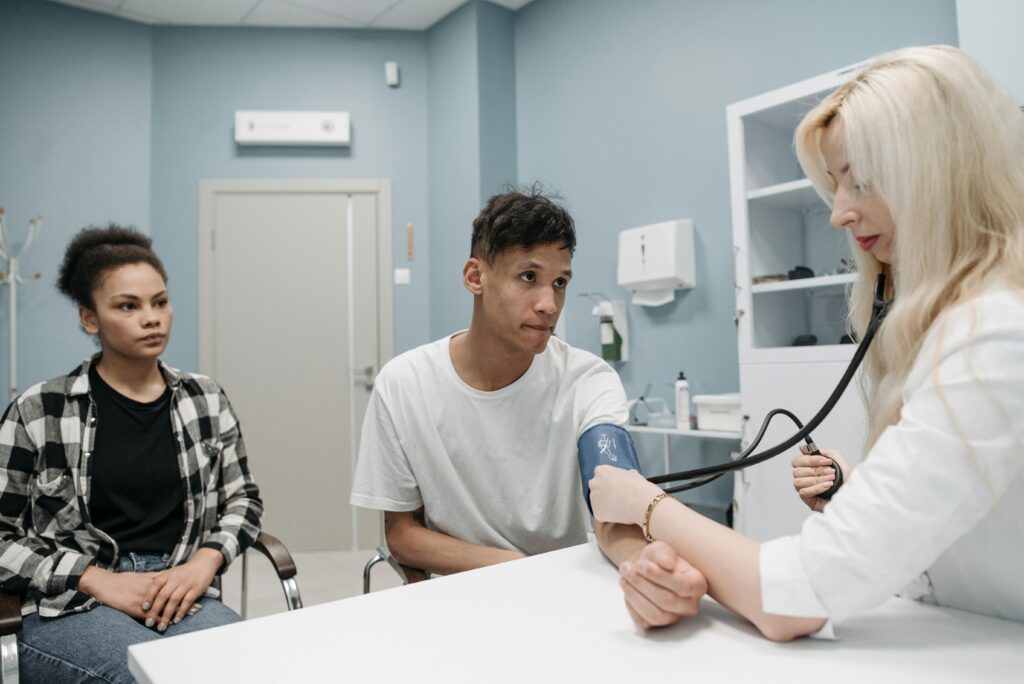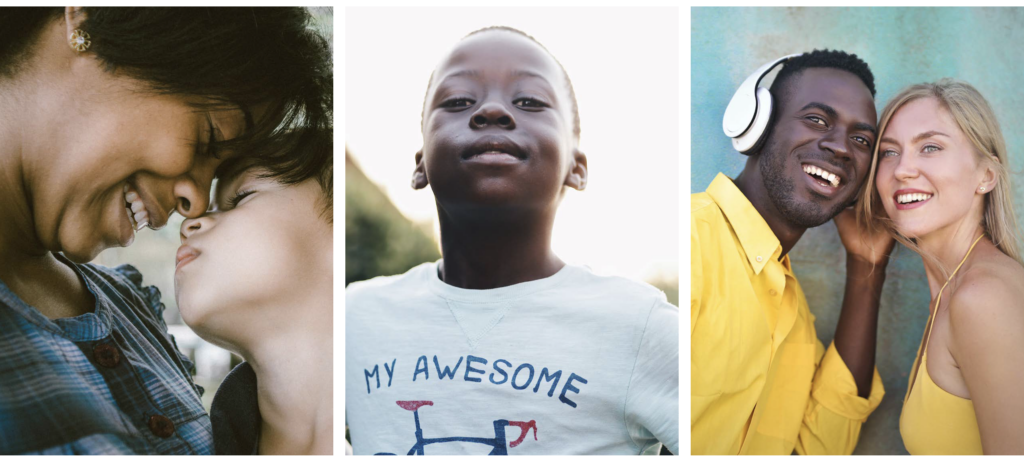Dear friends,
2020 has been a stress test of the highest order—for our families, our communities, our organizations, and our country, as well as our Upstreamist mission. 2020 has also stress tested our hearts and souls.
It has been a year of loss and suffering. But it has also been an immeasurably important year for equity, in which police violence and an unrelenting pandemic made unseen injustices seen. Racial and economic inequities long tolerated or ignored by many were revealed to be grossly unjust and impossible to deny.
In this stress test, we in the United States have starkly seen our shortcomings as a country. But we’ve also found some of our strength.
We’ve seen the acceleration of social movements, as more people than ever engage in issues of health and democracy. We’ve seen breathtaking acts of courage, compassion, and kindness every day.
We’ve also confronted what happens when we collectively stray from facts, equity, and compassion as our guides—and we’ve reinvigorated our commitment to place those values at the center of a new era of change. Our new future will be healthier, kinder, more equitable, and more just, because we will make it so.
We are deeply proud of how our team has met the moment. HealthBegins’ work has been important in 2020 not only because of what we have done, but because of how we have done it.
In each realm of action, we’ve demonstrated the essential working principles of the Upstream Movement: collaboration, equity among partners and allies, humility, rigor, and a commitment to leveraging our positions of privilege to elevate and build up others. We’ve underscored that moving upstream at all three levels of action—individual social needs, community-level social determinants of health, and society-level structural determinants of health equity—is not only necessary, it’s possible. Especially when we do it together.
In November, we gathered virtually with trusted advisors and allies. When asked to reflect on this past year and our role in it, they described HealthBegins as “a sense maker,” “a catalyst,” a source of solidarity and support, and a bridge builder that has “made this messy space doable and inviting.” That’s just what we aspire to be. And, as you’ll see in our upcoming Annual Report, we’ve achieved so much this year and are extremely proud to have helped so many move upstream with rigor, clarity, and compassion.
Throughout it all, we have recognized that our own humanity—our hopes and fears, our aspiration and grief—is not an impediment or an inconvenience, but instead a central concern and an essential force in this work. This year, we have taken extra care to treat it that way.
So through the fight against the pandemic and the broader fight for equity we have repeatedly created space not only for the work but for ourselves and our allies in this movement. For example, in September, we hosted Grieve, Breathe, Rest, a virtual gathering for health leaders to mourn patients, colleagues, and loved ones lost to the pandemic. It was a powerful moment of restorative rest, a space to nurture our hearts and nourish our souls on this journey toward health equity.
We look toward 2021 as another immeasurably important year—but one infused with more hope and measurable progress than the year we’ve just weathered. As always, we’ll continue to create a space for the growing ranks of Upstreamists to work with each other, learn from each other, and find solidarity with each other.
Best,
Rishi and Sadena
Featured Content
Providing Health Equity for Immigrants in a Time of Crisis
This moment presents an opportunity for healthcare leaders to harness the national attention focused on immigrant care to build investments, policies, and protections to improve care for these communities long-term.
HealthBegins Brief: Addressing Climate Health Inequities With The Community Health Needs Assessment
This HealthBegins Policy and Practice Brief invites every healthcare organization to immediately begin addressing the impact of climate change on health at the community level and with community participation.
Immigration Enforcement in Healthcare Settings: How to Prepare and Respond
Many of our healthcare partners are asking how they should prepare for potential ICE encounters on their premises and respond in the interim to concerns among patients and staff. These questions, answers, and resources provide some guidance.



